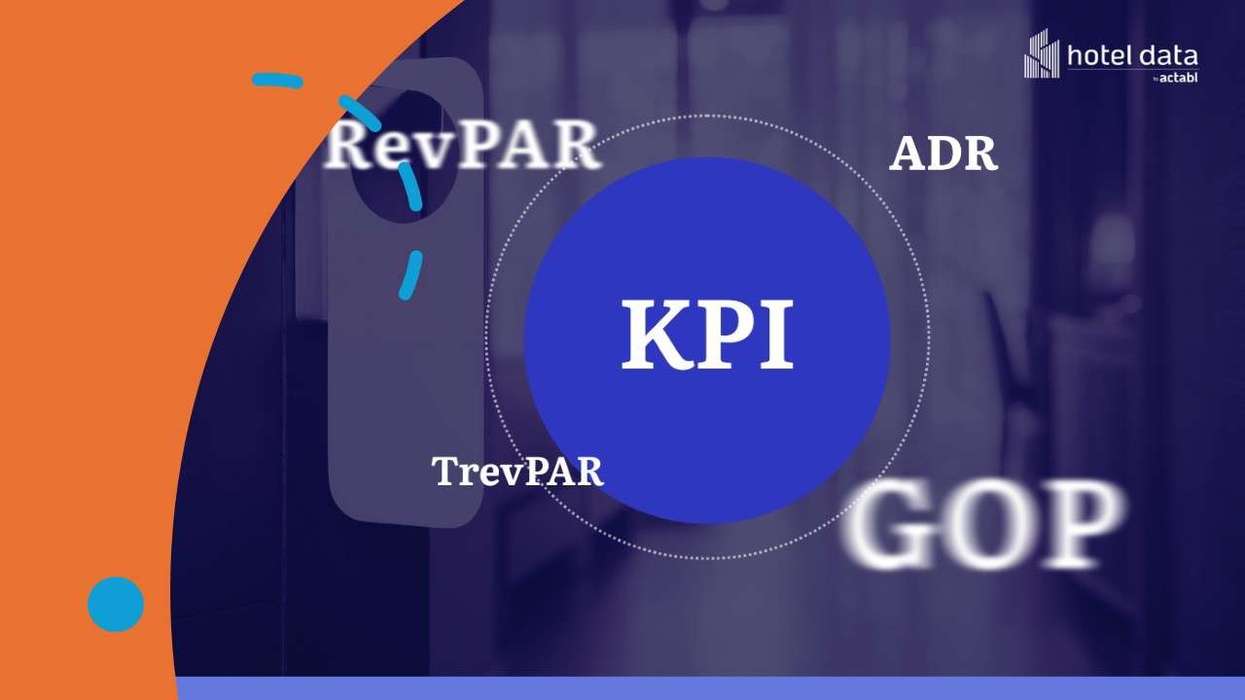AAHOA HAS ENDORSED the Essential Workers for Economic Advancement Act in response to the ongoing hotel workforce shortages. This legislation proposes a market-driven visa system, aimed at assisting employers in hiring workers for difficult-to-fill positions, while maintaining priority for U.S. workers, AAHOA said in a statement.
AAHOA held a meeting with members of the Critical Labor Coalition and U.S. Rep. Lloyd Smucker's office, the lead sponsor of the Essential Workers Act from Pennsylvania, according to AAHOA. AAHOA members employ more than 1 million people, collectively earning $47 billion annually, representing 60 percent of U.S. hotel owners.
Hiring challenges
Hotels are facing significant challenges in the post-COVID workforce as they experience a surge in guest numbers but struggle to hire enough employees. According to AAHOA, federal data shows that employment in the leisure and hospitality industry remains 369,000 jobs below its February 2020 level. Also, job posting website Indeed lists more than 100,000 open hotel positions.
The Essential Workers Act creates an H-2C visa program for non-immigrant, non-agricultural service workers. It targets small businesses in industries with lower educational requirements and allows visas for three years, renewable for up to six more years. In the first year of the program, H-2C visas would be capped at 65,000 workers. Afterward, the annual visa limit would range between 45,000 and 85,000 visas, the statement said.
"Americans are traveling more than ever, but the hospitality workforce has yet to return to normal,” said Laura Lee Blake, president and CEO of AAHOA. “The hotel industry still grapples with a worker shortage. However, progress is being made with potentially modifying the cap and providing a returning worker exemption for H-2B visas. The creation of an H-2C visa category, with 65,000 temporary visas and potential future adjustments, will benefit all hoteliers, including our 20,000 AAHOA members."
Service industry hardest hit
According to the Critical Labor Coalition, the service industry has been hit hardest by the labor shortage. An increase in virtual and hybrid work-from-home options has reduced demand for positions that require in-person attendance. In fact, leisure and hospitality, along with the retail industries, have the highest quit rates since November 2020, consistently tracking at 4.1 percent and higher.
The Biden Administration has expanded the number of temporary non-agricultural worker H-2B visas by an additional 64,000 for FY 2023, supplementing the existing annual quota of 66,000 visas. However, this combined total falls far short of the approximately 1.5 million open jobs in the hospitality industry, the statement added.
"The Essential Workers Act will tackle the labor shortage, enabling hoteliers to maintain the service levels that guests expect and deserve," said Bharat Patel, AAHOA chairman.
In June, AAHOA expressed concerns to the Federal Trade Commission regarding unfair franchising practices. The association emphasized the FTC's critical role in regulating the franchise industry, ensuring adequate protections and compliance with legal requirements, both current and modern.






